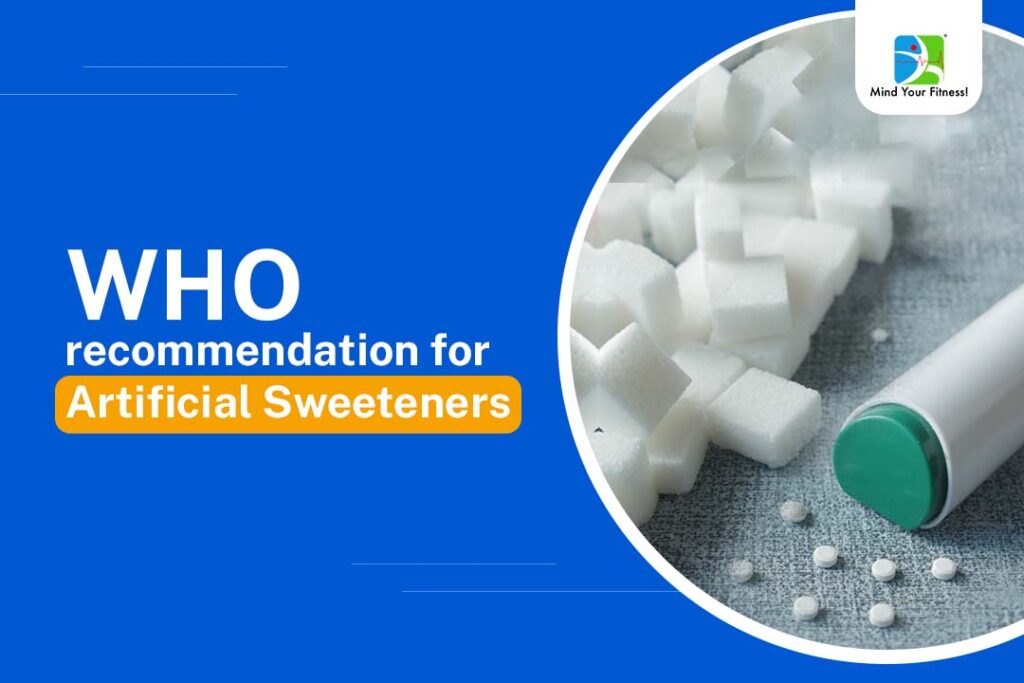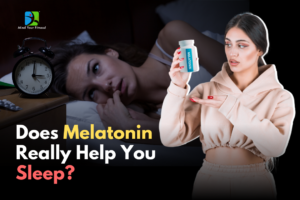
Recently the World Health Organisation (WHO) released a guideline on the use of non sugar sweeteners (NSS), recommending complete avoidance or reducing their use. This was based on the review of studies showing undesirable effects with long-term use of NSS although they showed beneficial effects in short-term studies.
The objective is to provide guidance on the use of NSS to be used by policy-makers and healthcare professionals in their efforts to reduce free sugars intake, promote healthy diets, and prevent unhealthy weight gain specially in the long term.
Common NSS included in the recommendation were acesulfame potassium, aspartame, advantame, cyclamates, neotame, saccharin, sucralose, stevia and stevia derivatives. Because low-calorie sugars and sugar alcohols (eg., erythritol) are sugars or sugar derivatives containing calories, they are not considered NSS, and therefore the recommendation does not apply to these sweeteners as per WHO.
Individual sweeteners undergo toxicological assessment to establish safe levels of intake (i.e. acceptable daily intake, or ADI) set by the Joint FAO/WHO Expert Committee on Food Additives.
The guidance is based on evidence of health effects of NSS use at levels already considered safe (i.e. within the ADI), and is not intended to provide updated or alternative guidance on the current ADI.
As stated by WHO, the guideline may not be relevant for individuals with existing diabetes or pre diabetes.
WHO states that this is a conditional recommendation. Conditional recommendations are those for which the WHO guideline development group is less certain that implementing the recommendation will outweigh the undesirable consequences.
Studies reviewed by WHO to arrive at this recommendation showed these undesirable effects:
- Higher NSS consumption by adults led to lower body weight and body mass index (BMI), compared with not consuming NSS when assessed in short-term randomized controlled trials (RCTs).
- NSS use was associated with increased BMI and risk of incident obesity, diabetes and heart disease, risk of preterm birth, asthma, allergies in the offspring with use during pregnancy and no additional benefit observed for children in long-term observational studies.
WHO recommends encouraging alternatives such as naturally occurring sugars found in fruit, and unsweetened foods and beverages.
Practical points to consider:
- The mechanism assessed in the studies reviewed was lower calorie intake. Calories cannot be considered in isolation without considering their composition. For eg., If ice cream is replaced by fruit, it may lower the calories but may spike sugar and insulin to the same extent leading to fat gain. Lower insulin levels with use of NSS that promotes fat loss should be considered as the mechanism in future studies. Insulin and glucose metabolism must be assessed as well.
- Diet quality should have been assessed in these studies. Replacing sugar with NSS is not the main tool for weight loss. Most of these trials provided food containing NSS or sugars in addition to existing diets and therefore did not directly measure the effects of replacing free sugars with NSS in the context of a low carbohydrate diet. Following a low carbohydrate diet promotes fat loss and can help maintain results if adhered to in the long term.
- NSS are not essential dietary factors as they have no nutritional value. They do not have to be made a part of the diet. However, replacing sugar sweetened food occasionally with a NSS based food or beverage (within the ADI) will help better compliance on low carbohydrate diets making them sustainable.
- Parents must be mindful before offering sweetened foods habitually to children as early taste exposures shape taste preferences and eating behaviour later in life. We need to reduce overall reliance on, or habituation to, high levels of sweetness in our diet.
- The “sweet uncoupling hypothesis” proposes that NSS affect sweet taste by separating sweet taste from calories. The body is confused, and then there is hormonal change. Studies have dismissed that hypothesis showing NNS beverages are similar to water.
- Artificially sweetened foods do not promote calorie intake as was thought earlier but may increase the amount of that food consumed compared to an unsweetened version so caution must be observed.
- The recommendation may cause some individuals currently using NSS to discontinue use and increase free sugars intake in order to maintain the level of sweetness in their diet. This may cause more harm.
- Replacing NSS with fruit is not necessarily a healthy choice as fruit is processed by the body as a sugar. And for that matter not just free sugars but all carbohydrates convert to glucose (sugar) after digestion. The body cannot identify the source at this point.
- Selection of NSS must be based on factors such as their effects on insulin level, gut health etc. You can read more about my suggestions for “healthier” NSS here: Skinny on sweeteners LINK
Healthcare professionals must use discretion while implementing this guideline.
~Shweta Bhatia, Registered Dietitian





